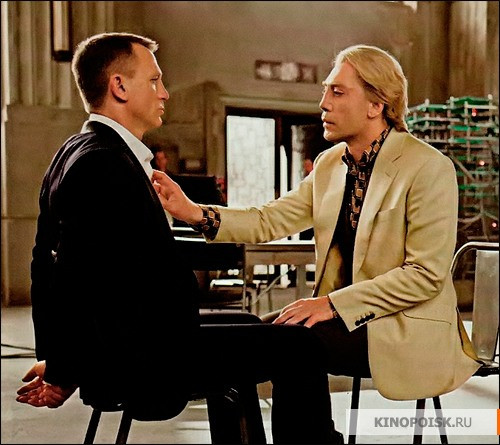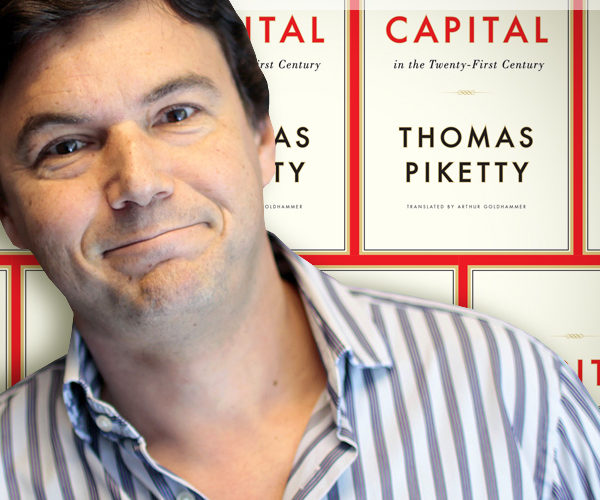
Despite its intimidating size and scope, Capital has the potential to be extremely helpful to scholars and activists concerned with inequality, and I hope to convince at least a few readers of Political Theology Today to add it to their reading lists. Like all economic works, Capital makes claims about what is good for humans, human nature and motivations, and social justice.
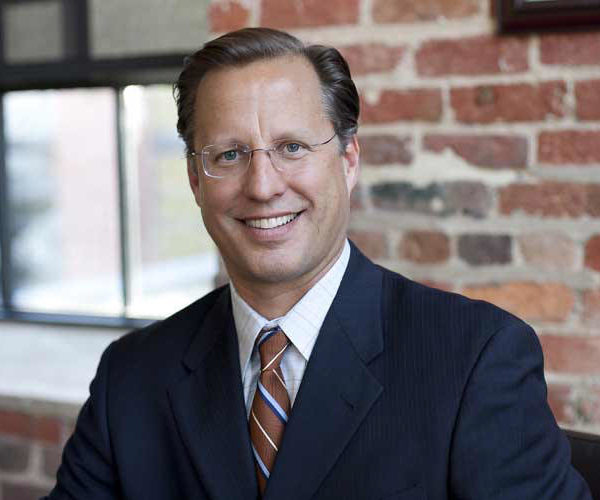
David Brat’s upset of Eric Cantor in Virginia’s District Seven congressional race last week generated waves of buzz, with no small stir churning in the Christian blogosphere. Although political upstarts, especially those that identify as conservative Christians, always tend to create a storm of media buzz, the close attention to Brat is perhaps more justified than most. As I hope will become clear in this brief profile of Brat’s scholarship and political theology, Brat’s somewhat bewildering and seemingly idiosyncratic synthesis of theology and economics illustrates the tensions endemic to the increasingly-libertarian sectors of the Christian Right.
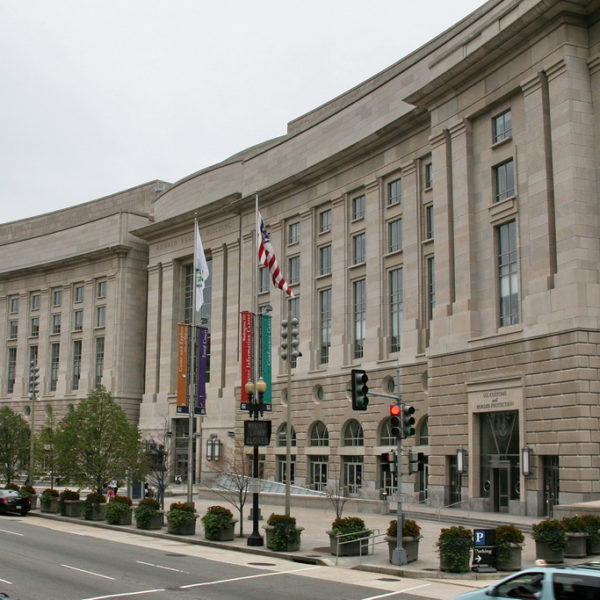
We were happy to have received these provocative responses to our original piece, and appreciate the chance to extend the conversation. We hope that in what follows we adequately answer some of the concerns raised by professors Vallier, Boer, and Baker and Watson about our original essay, and advance discussion on two levels.
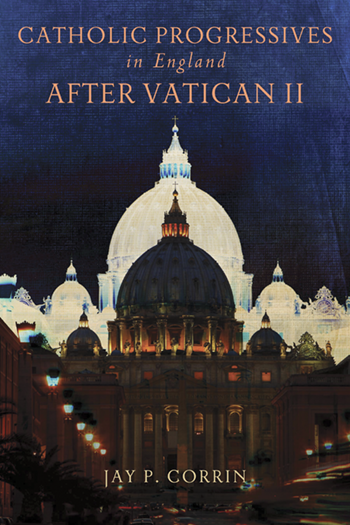
This book examines the development of Catholic social philosophy from the end of World War II up through the turbulent 1960s. Vatican Council II can be seen as the culmination of the Catholic liberal or progressive tradition, the earlier history of which was the subject of my previous book Catholic Intellectuals and the Challenge of Democracy (2002). Thanks to the ground-breaking work of such Catholics as Jacques Maritain, Virgil Michel, Hans Küng, John Courtney Murray and others, there was in place by the calling of Vatican II a theological platform from which the Church could launch a progressive approach to the secular challenges of the modern age.
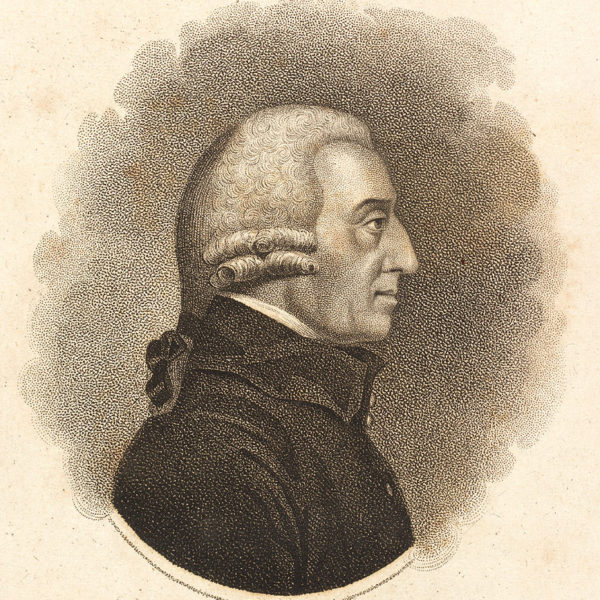
Adam Smith’s skill was as a storyteller of the first order. It takes one a while to realize where his appeal lies. As many have noted, his Wealth of Nations is rambling, polemical, and rather cavalier with evidence. All this sits rather strangely with the popularity of his writing, both then and now. How to understand that appeal? We suggest it may be found not in any skill at constructing careful and detailed argument, but in his ability to tell stories.

There is a famous anecdote in which a man, after death, wakes up surrounded by all the pleasures of life: food, sex, and leisure. An angel approaches him and says “Welcome, enjoy all the pleasures you have ever wanted.” The man basks in all the pleasures available, but after a few weeks of uninterrupted ecstasy, he grows bored. So, the man approaches the angel and says “Is there anything I can do, any work?”
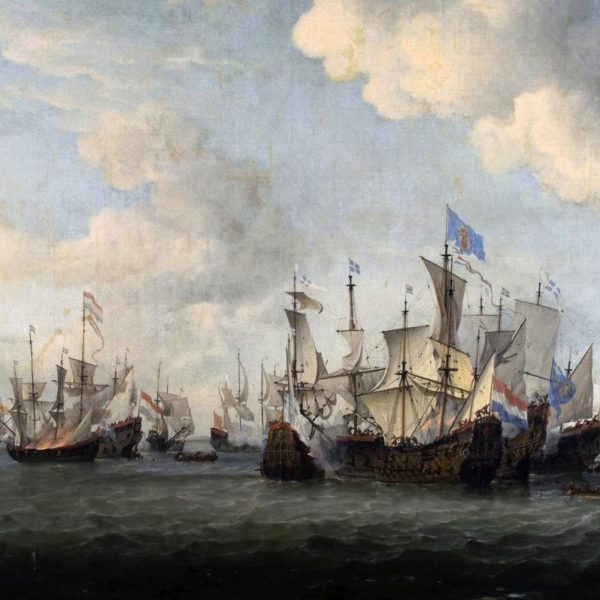
For the sake of the following argument, I would like to grant the premises of Max Weber’s idealist argument: religion and culture (superstructure) are causative agents in socio-economic change. As is well known, Weber argued that Calvinism acted as a crucial vanishing mediator for capitalism. It provided the cultural, behavioural and religious framework that enabled capitalism to establish itself and gain ground.
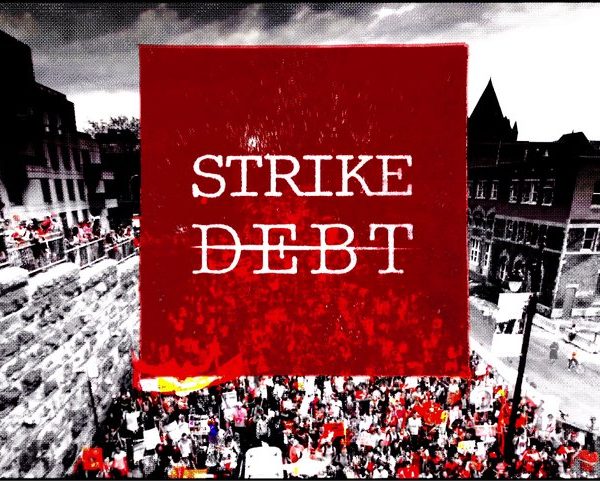
It’s become something of a commonplace among commentators and critics on both ends of the political spectrum to declare the death of the Occupy movement, whose campaigns against social and economic injustice and political corruption began to garner international attention in mid-2011. Although the last of the movement’s higher profile encampments were shut down in early 2012, it would be a mistake to conclude that Occupy is no more.
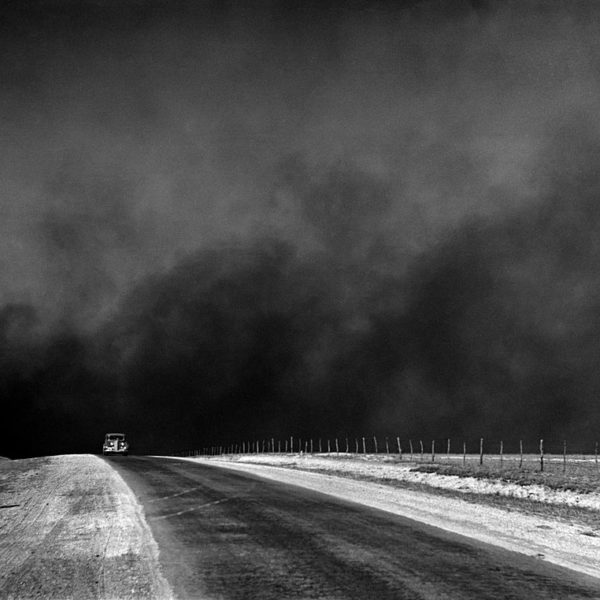
Here’s a brain-teaser for you. How does a recent PBS documentary about America’s “Dust Bowl” of the 1930s combine with a just-published book by one of the nation’s best-known venture capitalists to shed light in an unprecedented and powerful way on the government shutdown and the struggle over the debt-limit?

Is God a Socialist? And if so, what kind of socialism does God espouse?
Marriage equality is a hot topic in Christian communities. Recently, Gene Robinson, the first openly gay bishop, came to Fuller to talk about the freedom to love. As a result, many students at Fuller are beginning to rethink their heteronormative understandings of marriage. While I am all for LGBTQ equality in all arenas (anything else is shenanigans), the resurgence about the right to marry and marriage as an existentially important institution worries me […]
